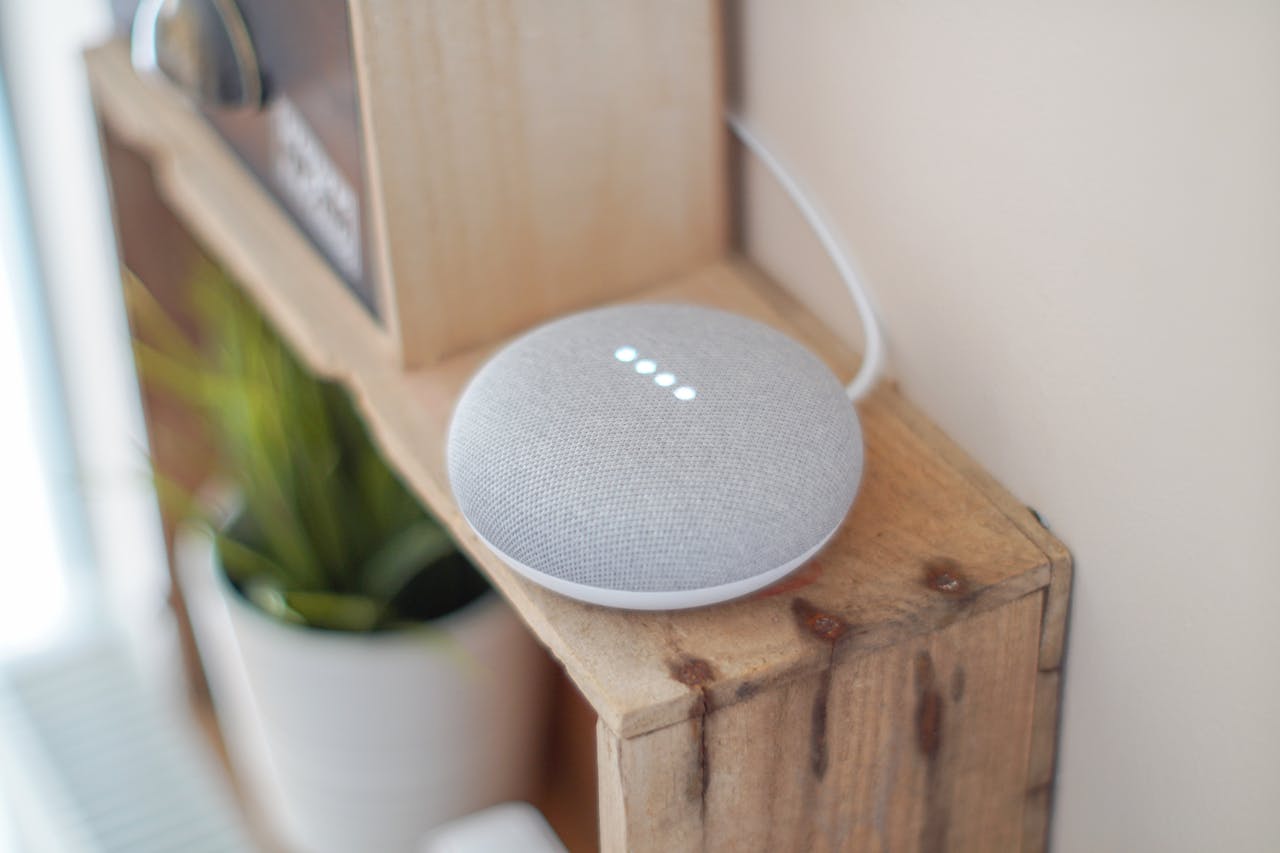
Smart speakers have seamlessly integrated into our homes, offering convenience with voice commands for everything from playing music to controlling lights. We’ve grown accustomed to their polite acknowledgments, gentle chimes, and even their occasional quirky responses. But what if some of those seemingly innocuous sounds are not part of normal operation? Certain “safe” or familiar noises your device makes could actually be subtle indicators that your smart speaker security has been compromised, signaling that someone uninvited might be listening in or manipulating your device.
1. Unexpected Activation Chimes
You’re sitting in a quiet room, no one has uttered the wake word, yet your smart speaker suddenly plays its activation chime as if it’s ready for a command. While occasional misactivations happen, a frequent or patterned occurrence of these phantom chimes could be a red flag. It might indicate that the device is being remotely activated by a hacker who has gained access to your network or the device itself. This compromises your smart speaker security by potentially allowing them to listen to conversations or issue commands. Pay attention to how often this happens when no wake word is spoken.
2. Very Low or Muffled Responses
If your smart speaker’s voice responses suddenly become consistently very low, muffled, or distorted, it’s easy to dismiss it as a hardware issue or a bad connection. However, this could also be a tactic used by hackers. By lowering the volume of legitimate responses, they might be trying to prevent you from noticing that the device is actively listening or executing unauthorized commands in the background. Compromised smart speaker security can involve subtle manipulations to keep you unaware of ongoing nefarious activities. Always investigate persistent changes in audio output quality.
3. Brief, Unexplained Musical Tones
Beyond the standard chimes, if you start hearing short, unfamiliar musical tones or jingles from your speaker at random times, don’t ignore them. These could be custom notification sounds set by an attacker to signal successful access, data transmission, or the execution of a specific script on your device. Since these aren’t standard sounds, users might not immediately associate them with a breach of smart speaker security. They are a hacker’s private doorbell, indicating they’ve successfully entered your system. Document when you hear these unusual audio cues.
4. Odd Clicking or Static Noises
Intermittent clicking sounds, soft static, or unusual whirring noises when the speaker should be idle can be more than just an annoyance. These sounds might indicate that the microphone has been activated without your knowledge, or that data is being surreptitiously recorded or transmitted. While some faint electronic noises can be normal, a noticeable change or increase, especially if correlated with other suspicious behavior, warrants an investigation into your smart speaker security. It’s akin to hearing a faint, open phone line.
5. Notification Sounds at Odd Hours
If your smart speaker starts emitting notification sounds for messages or alerts at very unusual hours, especially if you haven’t configured such alerts or they don’t correspond to any of your linked accounts, it’s suspicious. Attackers might use linked accounts or compromised skills to send silent commands or test access, which could inadvertently trigger generic notification sounds. This breach of smart speaker security might be an attempt to check if the device is online and responsive. Consistent, inexplicable notifications demand a closer look.
6. Echoes of Your Own Voice
Hearing a faint echo or replay of your voice or conversation fragments coming back through the speaker with a slight delay is a deeply unsettling sign. This could indicate that your conversations are being recorded and possibly routed through another device or server before being partially played back. This is a serious indication that your smart speaker security has been breached and your privacy is actively being violated. Such an occurrence should prompt immediate action to secure your device and network. This is a direct sign of eavesdropping.
7. Sudden Reboots or “Lost Connection” Alerts
While occasional reboots or “lost connection” voice alerts can happen due to Wi-Fi issues or updates, a sudden increase in their frequency, especially if your internet connection is stable, can be cause for concern. Hackers might force reboots to install malicious firmware, apply new configurations, or cover their tracks after accessing the device. If patterned or unexplained, these interruptions could mask deeper smart speaker security vulnerabilities being exploited. Don’t just reset your router; investigate the speaker’s activity logs if possible.
Sounding the Alarm on Security
The convenience of smart speakers comes with inherent privacy and security considerations. Being attuned to the subtle sounds your device makes—and noticing deviations from the norm—can be an early warning system for potential hacking attempts. If you notice any of these “safe” sounds occurring in suspicious contexts, reviewing your device settings, changing passwords, checking linked accounts, and ensuring your home Wi-Fi network is secure is crucial. A little vigilance can go a long way in protecting your smart home from unwelcome digital intruders and maintaining your smart speaker security.
Have you ever heard your smart speaker make a strange sound that worried you? Share your experience in the comments below!
Read More
Signs You’re Saving the Wrong Way

Latrice is a dedicated professional with a rich background in social work, complemented by an Associate Degree in the field. Her journey has been uniquely shaped by the rewarding experience of being a stay-at-home mom to her two children, aged 13 and 5. This role has not only been a testament to her commitment to family but has also provided her with invaluable life lessons and insights.
As a mother, Latrice has embraced the opportunity to educate her children on essential life skills, with a special focus on financial literacy, the nuances of life, and the importance of inner peace.
